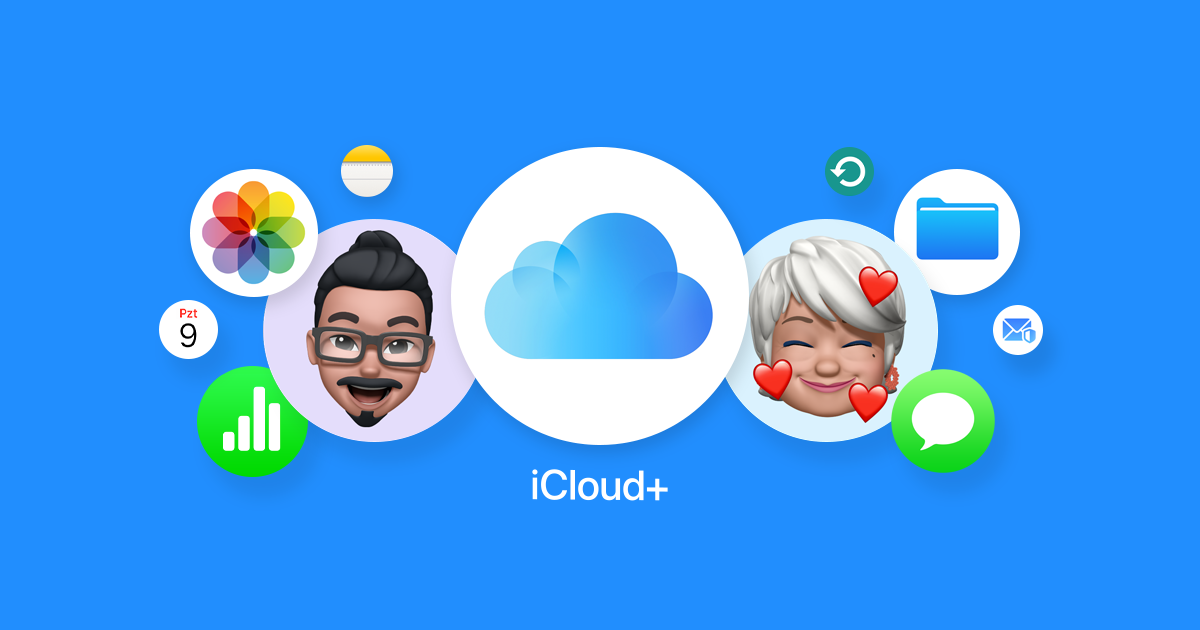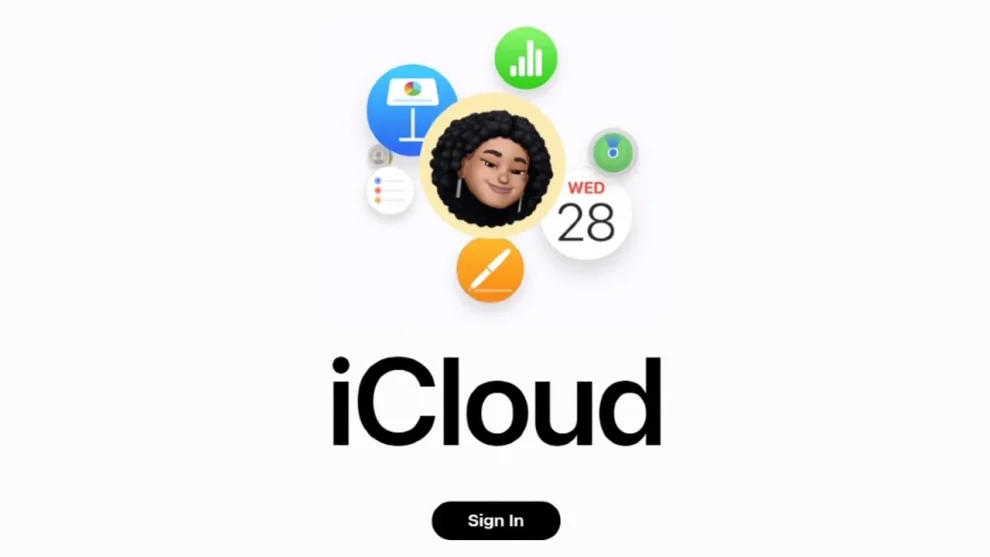Apple has announced a groundbreaking feature set to debut with iOS 18.1: for the first time, users will be able to change their iCloud email addresses. This long-awaited functionality marks a significant shift in Apple’s approach to user account management and could have far-reaching implications for millions of iPhone, iPad, and Mac users worldwide.
Since the introduction of iCloud in 2011, Apple users have been tethered to their initial email address choices, with no native option to modify this crucial aspect of their digital identity. The upcoming ability to change iCloud email addresses represents a major evolution in Apple’s ecosystem, offering users unprecedented control over their online presence.
John Anderson, a senior tech analyst at Future Insights, provides context for this momentous change: “This move by Apple is more than just a new feature – it’s a fundamental shift in how the company views digital identity. By allowing users to change their iCloud email, Apple is acknowledging the fluid nature of online personas and the need for greater user control in the digital age.
Before delving into the implications of this new feature, it’s crucial to understand the current state of iCloud email and its significance within Apple’s ecosystem.
iCloud email, which typically ends with @icloud.com, @me.com, or @mac.com, serves as more than just an email address. It’s a central component of a user’s Apple ID, used for everything from App Store purchases to iMessage and FaceTime communications. This integration has made changing email addresses a complex issue, as it’s deeply intertwined with a user’s entire Apple ecosystem experience.
Dr. Sarah Chen, a digital identity expert, explains: “The iCloud email address has essentially functioned as a user’s digital social security number within the Apple ecosystem. Changing it isn’t just about email – it impacts how a user is identified across multiple services and devices.”
According to reports, the ability to change iCloud email addresses will be introduced with iOS 18.1. While Apple has not yet provided full details, here’s what we know so far:
1. Users will be able to select a new @icloud.com email address.
2. The change will be reflected across all Apple services tied to the user’s Apple ID.
3. A transition period will be provided to ensure continuity of service and communication.
4. The feature will be available on iOS, iPadOS, and macOS devices.
While Apple has remained characteristically tight-lipped about the specifics, industry insiders suggest that the process will involve a carefully managed transition to minimize disruption to users’ digital lives.

The ability to change iCloud email addresses could have significant implications for Apple users:
1. Enhanced Privacy and Security
Users who feel their current email address has been compromised or is receiving too much spam can now start fresh without creating an entirely new Apple ID.
Mark Williams, a cybersecurity expert, notes: “This feature could be a powerful tool for users looking to enhance their online privacy. It allows for a ‘reset’ of sorts, potentially helping users escape persistent online tracking or harassment.”
2. Professional Image Management
For users whose current email addresses no longer reflect their professional image, this change offers an opportunity to update their digital presence without losing access to purchased content or services.
3. Simplified Account Management
Users who have multiple Apple IDs due to inability to change email addresses may now be able to consolidate their digital lives more effectively.
4. Correction of Youthful Choices
Many long-time Apple users created their accounts in their youth and are stuck with email addresses that no longer suit them. This change allows for a more mature digital identity.
Sarah Thompson, a long-time iPhone user, shares her excitement: “I’ve had the same iCloud email since I was 14. The ability to change it to something more professional will make a huge difference in how I present myself online.”
While the prospect of changing iCloud email addresses is exciting, it comes with significant technical challenges:
Data Migration
Ensuring that all data associated with the old email address, including contacts, calendars, and app data, is seamlessly transferred to the new address will be crucial.
Dr. Robert Chang, a cloud computing specialist, explains the complexity: “This isn’t just about changing an email address. It’s about migrating an entire digital identity across a complex ecosystem of services and devices. The technical challenges are immense.”
Third-Party App Integration
Many third-party apps and services use iCloud email for authentication. Apple will need to provide a robust system for updating these connections.
Continuity of Service
Ensuring that users don’t lose access to purchased content, subscriptions, or ongoing services during the transition will be paramount.
Security Measures
Implementing strong security measures to prevent unauthorized email address changes will be crucial to protect users’ digital identities.
Apple’s decision to allow iCloud email changes could have ripple effects throughout the tech industry:
Pressure on Competitors: This move may put pressure on other tech giants like Google and Microsoft to offer similar flexibility in their account systems.
Digital Identity Management: It could spark broader discussions about digital identity management and portability across platforms.
Email as a Service: The email service industry may need to adapt to a world where users have more flexibility in changing their primary email addresses.
App Developers: Developers of apps that integrate with iCloud may need to update their systems to handle email address changes gracefully.
Despite the potential benefits, this new feature also raises several concerns:
Identity Verification: Changing an email address that’s been used for years as a primary identifier could complicate identity verification processes for various services.
Alex Johnson, an online security consultant, warns: “While this feature offers great flexibility, it also creates new avenues for potential identity fraud. Apple will need to implement robust verification processes to ensure that email changes are legitimate.”
Communication Continuity: Users will need to ensure that important contacts are aware of their email change to avoid missing crucial communications.
Digital Paper Trail: For users who rely on their email history for record-keeping, changing email addresses could complicate access to historical communications.
Potential for Abuse: There are concerns that this feature could be exploited by bad actors for phishing or identity theft schemes.
While Apple has not provided extensive commentary on this upcoming feature, the move aligns with the company’s increasing focus on user privacy and control.
An Apple spokesperson provided a brief statement: “At Apple, we believe in giving users control over their digital identities. The ability to change iCloud email addresses is part of our ongoing commitment to user empowerment and privacy.”
Industry analysts speculate that this could be part of a broader strategy to make Apple IDs more flexible and user-centric. Some potential future developments could include:
1. Enhanced identity verification methods, possibly leveraging biometrics
2. Greater integration of Apple ID with third-party services
3. More granular control over data sharing and privacy settings
Preparing for the Change
As users await the release of iOS 18.1, here are some steps they can take to prepare:
1. Audit current iCloud usage and dependencies
2. Inform important contacts about the potential for an email change
3. Review third-party app and service connections
4. Consider desired new email address options
Apple is expected to provide detailed guidance as the release date approaches, likely including a step-by-step process for making the change and troubleshooting potential issues.
Industry Reactions and Speculations
The tech industry has been abuzz with reactions to Apple’s announcement:
Google and Microsoft, Apple’s main competitors in the consumer email space, have remained officially silent on the matter. However, industry insiders suggest that both companies are closely watching the rollout and considering their own strategies.
Email service providers are contemplating the impact on their businesses. Tom Chen, CEO of a popular email client app, shares his thoughts: “This move by Apple could change how people think about email addresses. We’re excited about the possibilities it opens up, but also mindful of the challenges in ensuring a smooth transition for our users.”
Privacy advocates have largely welcomed the announcement. Emma Rodriguez, director of the Digital Rights Foundation, comments: “The ability to change one’s primary digital identifier is a significant step towards true digital self-determination. We hope to see more moves like this across the tech industry.”
What to Expect
As we approach the release of iOS 18.1, here’s what users and industry watchers should keep an eye on:
1. Beta Testing: Apple is likely to include this feature in beta releases of iOS 18.1, providing early insights into its implementation.
2. Developer Guidelines: Apple will need to provide clear guidelines for app developers on how to handle iCloud email changes.
3. Security Enhancements: Watch for announcements about new security measures to protect this sensitive process.
4. User Education: Apple will likely launch educational campaigns to help users understand the implications and process of changing their iCloud email.
5. Service Updates: Expect updates to various Apple services to accommodate this new flexibility in user identity.
Apple’s decision to allow iCloud email address changes marks a significant milestone in the evolution of digital identity management. By providing users with the ability to modify this fundamental aspect of their online presence, Apple is not just offering a new feature – it’s redefining the relationship between users and their digital identities.
While challenges remain, from technical hurdles to security concerns, the potential benefits of this move are substantial. It promises a future where users have greater control over their online personas, potentially leading to improved privacy, security, and personal branding opportunities.
As we stand on the brink of this new era in digital identity flexibility, one thing is clear: the concept of a fixed, immutable online identifier is giving way to a more dynamic, user-controlled approach. Whether this represents the first step towards a more fluid concept of digital identity or the beginning of a new standard in user account management remains to be seen.
What is certain is that Apple’s move has set a new benchmark in user empowerment. As iOS 18.1 approaches, millions of Apple users around the world are poised to gain unprecedented control over a crucial aspect of their digital lives. In doing so, they may well be participating in the early stages of a revolution in how we think about and manage our online identities.
















Add Comment